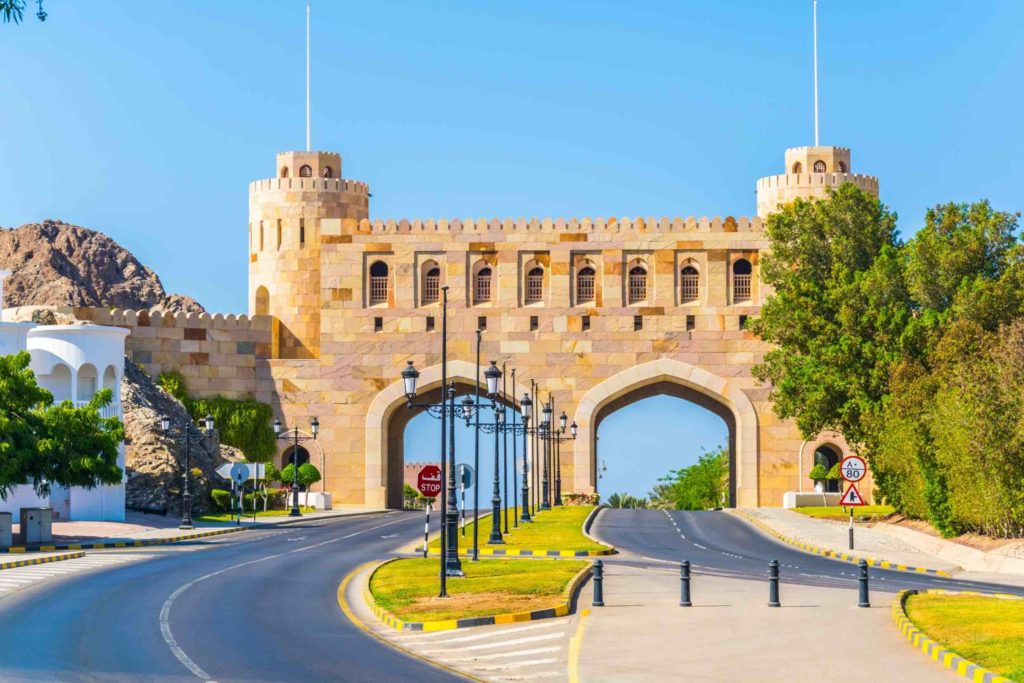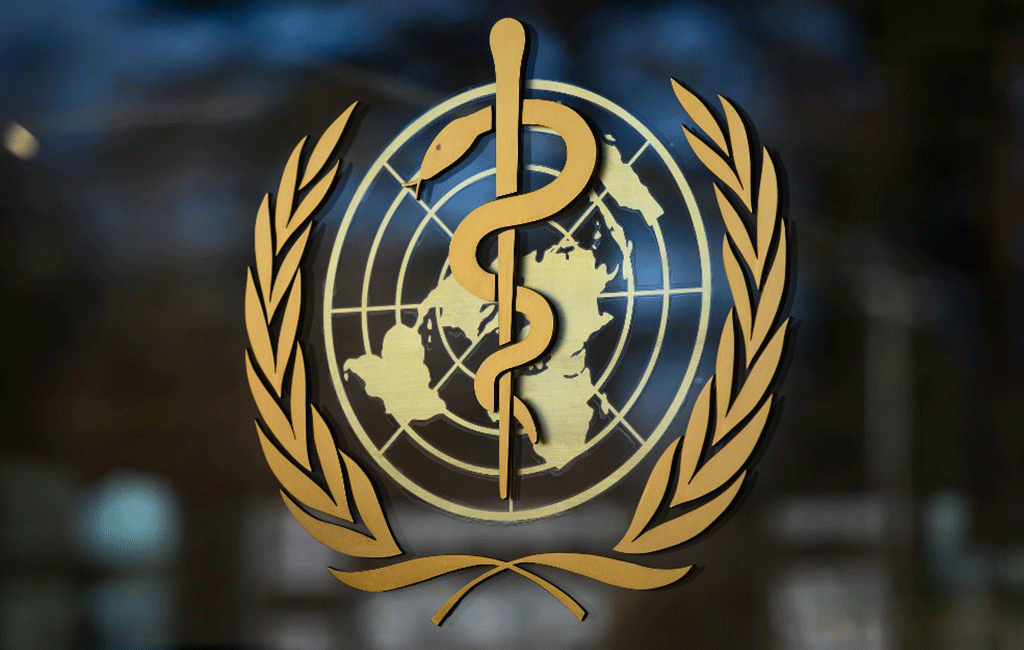Merge 104.8 | 23 June 2020
The World Health Organization (WHO) has praised Oman’s keenness in using modern technology to control the spread of COVID-19 in the Sultanate.

In its recent report published online, the WHO’s Regional Office said that the Sultanate launched some of the most vigorous tech solutions in the Middle East to track and monitor the spread of COVID-19 and to ensure isolated patients’ commitment to quarantine measures.
In particular, the WHO hailed the Ministry of Health’s Tarassud Plus mobile app as a smart solution featuring advanced specs, statistics, and best practices in the field of contagion prevention.
The app allows access to medical hotlines and support groups, so that potential patients can discuss their symptoms and receive proper guidance about whether they should visit health establishments (for medical assistance) or stay at home. Once the patients are diagnosed, the medical tracking bracelet connected to the app ensures an informed home isolation for the patients.
The WHO noted that Tarassud Plus is available in all common languages of English, Arabic, Hindi, Bengali, and Urdu, giving access to tens of thousands of people at a time. The type of artificial intelligence used in the Sultanate helps specialists in public health diagnose suspected cases of significance and attend to the cases as deemed necessary.

An established system of controlling wrong information about the virus spread can help curb the spread of the disease and detect symptoms beforehand, if properly propagated, the WHO report also stated in its analysis of Oman.
Dr. Ja’afar Hussein, Acting WHO Representative, said that: “Upon the emergence of countries from the state of lockdown, we have to be alert. Only through widespread testing and communication can we monitor the virus. In this way, we can keep infection curves as low as possible and save lives.”
The WHO quoted Dr. Adil al-Wahaibi, Director of the Disease Detection Department at the Ministry of Health, as saying tha: “Data is decisive in controlling the spread of coronavirus efficiently, and this type of epidemiological data will help us understand the way it spreads and limit the occurrence of new cases of infection.”
The WHO also quoted another Omani specialist, Dr. Saif al-Abri, Director General of Disease Surveillance and Control, who said, “The wealth of information that we get by efficient monitoring, proper detection, and professional follow-up of infected persons will ensure that the Sultanate can tackle any future outbreaks and protect the population at a large scale.”
Source: ONA
(Also read: World Economic Forum reviews Oman’s COVID-19 experience, response.)